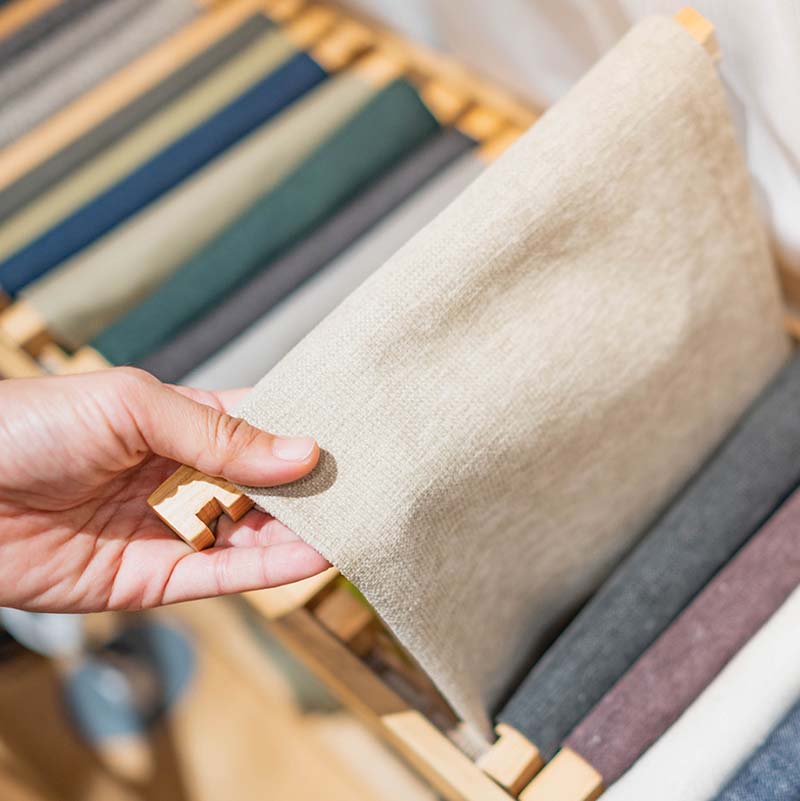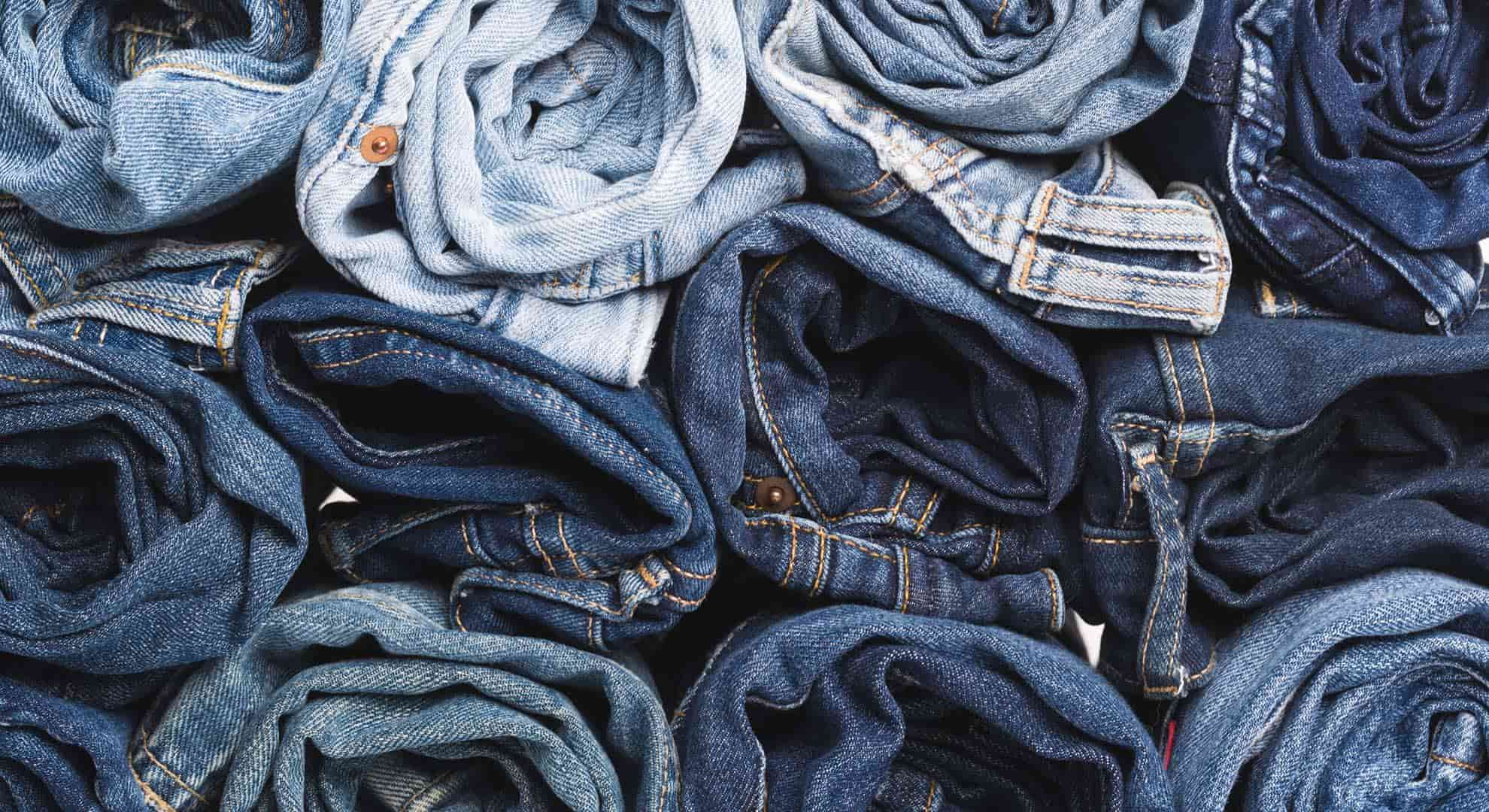At Zero Waste Scotland, we are committed to fostering innovative solutions to make textiles more circular and sustainable.
Through targeted initiatives, close stakeholder engagement, and cutting-edge research, we aim to revolutionise how Scotland interacts with textiles - from production to disposal.

Product Stewardship
Product stewardship is a policy approach that considers the responsibilities of each actor in the supply chain and whoever designs, produces, sells or uses a product takes responsibility for minimising that product’s environmental impact.
One of the Scottish Government’s priority actions in Scotland’s Circular Economy & Waste Route Map to 2030 is to publish a Product Stewardship Plan to set out how we will tackle the environmental impact of priority products. The Scottish Government’s Route Map recognises the need for a strategic approach to textiles.
Zero Waste Scotland aims to rewire Scotland’s economic system to drive a reduction of our consumption of natural resources through increased circularity and zero waste. There is an opportunity for holistic, collaborative policy thinking to remove barriers to circular practices and support a thriving ecosystem for a sustainable textiles industry in Scotland which benefits people and planet through a just, circular transition to net zero.
Latest Research
We conducted our largest piece of research on textiles and have now produced three complementary reports. Together, they provide a detailed view of textiles material flow across the Scottish value chain, stakeholder insights to required policy interventions and analysis of potential measures that take account of practicality, feasibility and impact.




